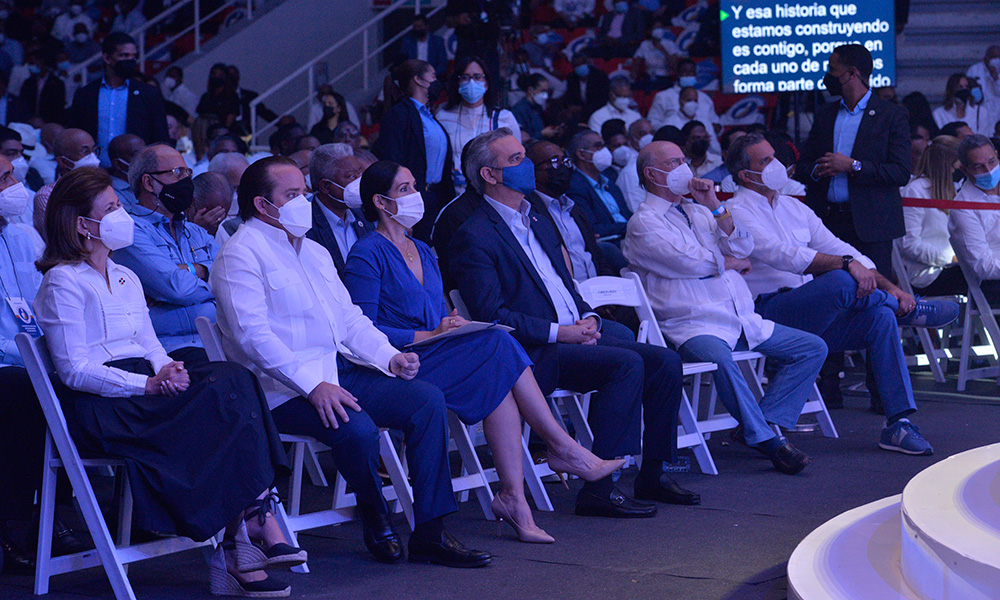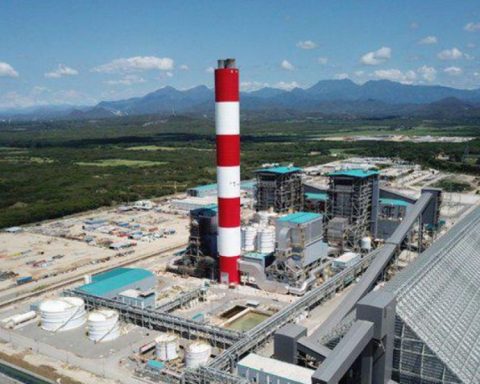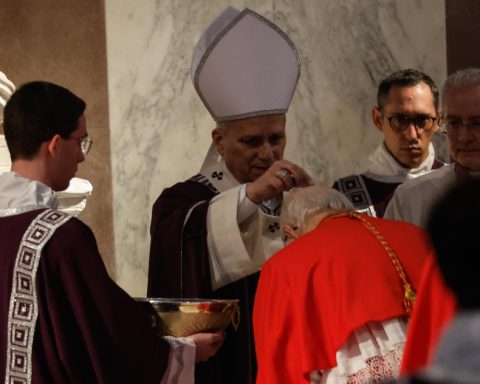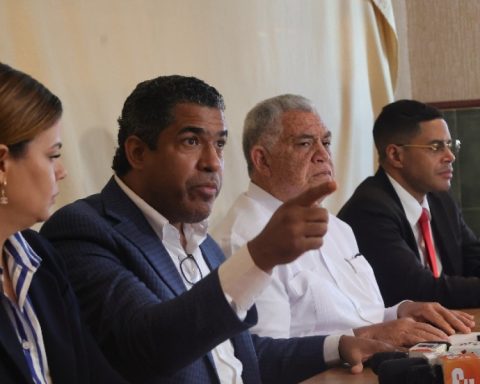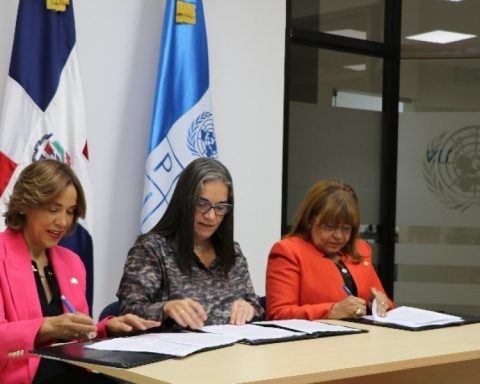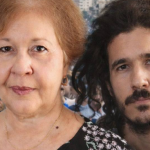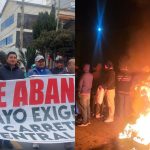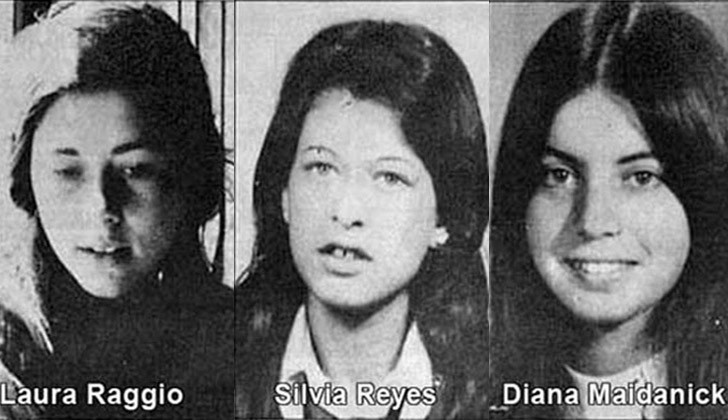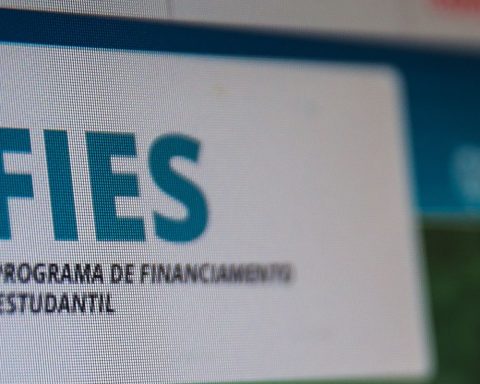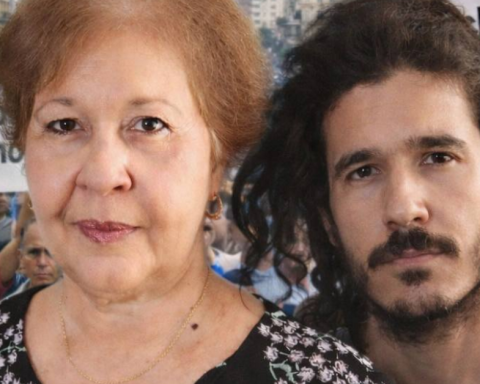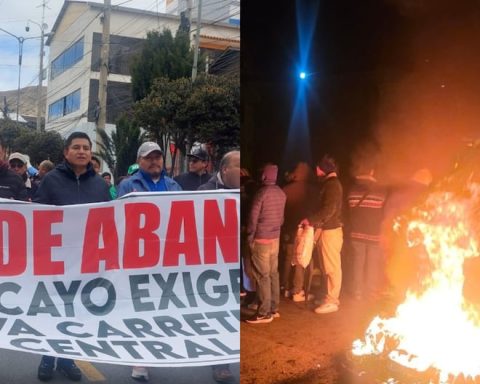If it has to go to a second round of voting, the PRM will have a harder time retaining power, but it is possible
The ruling Modern Revolutionary Party (PRM) arrives almost halfway through its term in office in a privileged position from an electoral point of view: the opposition divided, its party unified, and with a popular president like Luis Abinader, with no impediment to running for office. the re-application for the 2024 elections.
However, the organization has the challenge of winning in the first round and in the event that it fails to pass the threshold of 50+1, it depends on who is in second position between the PLD and the FP, to generate victory in the second round of voting.
For the organization that is finishing its first period of government, the victory of 2024 would mean its consolidation as a party of power.
The spokesman for the Presidency, Homero Figueroa, recently said that the governor has a 65% vote intention and that the entire opposition does not reach 20%. The factors that sow uncertainty in the perspective of electoral success that the PRM has are the economic crisis and the high levels of inflation. In the months to come, it will be necessary to see if the government will have the resources to maintain the subsidies that it has been applying to avoid increases in food products and gasoline.
The symbol theme of the Abinader government is the commitment to transparency and the fight against corruption with an independent Public Ministry. However, it is observed as a stagnation in the cases investigated by the prosecuting body almost two years after assuming the PRM.
The president faces complaints about the slow progress of the mega projects that the Abinader administration has started. He also has yet to resolve conflicting issues such as the Punta Catalina trust.
The advantages
The PRM has the advantage to sweep the municipal elections if the opposition decides to go divided in that process. In a competition between three, the one who obtains a simple majority wins and that ticket is now guaranteed by the official match. If the opposition tries to go unified to these elections, the PRM’s challenge will be greater, but it could still achieve a good electoral result.
The same is true for the congressional level. An opposition division assures the PRM to continue with the majority in the Senate and Chamber of Deputies.
The convention challenge
The official party this year has the challenge of electing its authorities and so far it seems that it will be successful in this task, because although there are complaints about the decision not to hold an internal vote but rather an assembly of delegates, it generated noise among some leaders, especially Guido Gómez Mazara and Ramón Alburquerque, but none of these leaders has a significant influence within the organization.
President Abinader has kept that party unified around his figure and the other leader with relevant influence is Hipólito Mejía, and he has remained in support of Abinader’s line. In fact, the decision to hold an assembly of delegates was approved by an overwhelming vote in the Executive Directorate, there were only three dissidents.
Although the current PRM authorities, José Ignacio Paliza and Carolina Mejía, assume that they will continue in office, Eddy Olivares and Guido Gómez Mazara are also candidates.
Yesterday, all the mayors of the organization issued a joint statement of support for Paliza and Carolina to continue as president and general secretary. Olivares is a close associate of Mejía and at this stage he led the statutory reform process.
Previously, he aspired to the presidency of the Central Electoral Board (JCE), but he was not pleased and I came into conflict with President Abinader’s speech. Facing this process, the PRM has the challenge of how to manage the entry to the Executive Directorate of collaborators of the Luis Abinader project and that they have even participated in some meetings of that body.
For example, it would be necessary to see if Vice President Raquel Peña will be formally integrated and the same with the Minister of Industry and Commerce, Víctor (Ito) Bisonó, who comes from the Social Christian Reformist Party (PRSC) and now does not have a party platform.
There is also the case of Roberto Ángel Salcedo, who is a close collaborator of Abinader who is waiting for the opportunity to develop his partisan political activity from the PRM structure. There is also the list of leaders of the PRM organization who hope to go to the Executive Directorate, including Wellington Arnaud, Adolfo Pérez, Gloria Reyes, among others.
The organization has not yet set the date for the meeting of delegates to elect the new authorities. The National Committee empowered the Electoral Commission and the leadership to define the issue. The election will have to be made in the month of June of this year when the period for which their current directors were sworn in expires.
With 81 mayors, PRM directive support begins
All the mayors and mayors of the PRM signed a public manifesto of support for the Executive Directorate of this party, headed by its president, José Ignacio Paliza, and its general secretary, Carolina Mejía. This unanimous support for the PRM leadership is a reflection of the great party unity and cohesion and leadership of the municipal sector in alignment with President Abinader’s management. In this manifesto they recognize the effort and good conduct of the PRM and its organizations by the current leadership, which is why they support the ratification of Paliza and Mejía in their respective positions. They consider that the current leadership of the PRM has shown a firm commitment to party development expressed in extensive work days throughout the country in search of responding to the needs and problems of society and the party.
